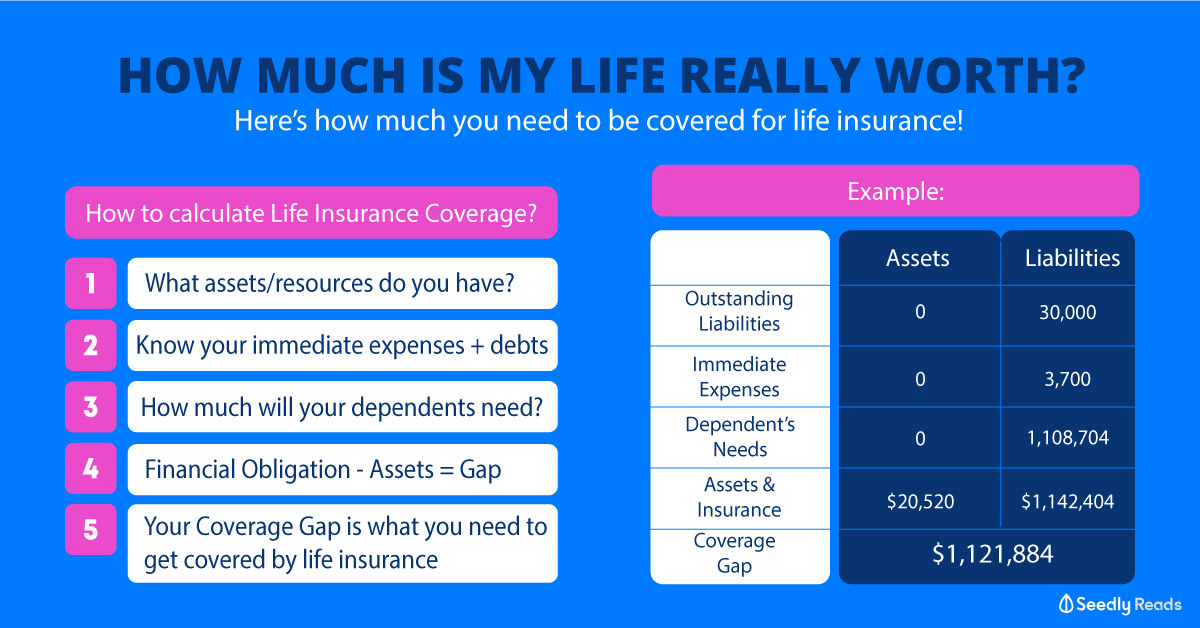Hi anon,
This really depends on a number of factors such as your weightage of CI to ECI coverage, the basic sum assured, the payment term and the multiplier.
However, let's take a sample data point for your profile (Female Non Smoker 35 Age Last Birthday), with $100K sum assured and x3 multiplier, and a 50/50 split between ECI and CI coverage. 20 year payment term as you'd ideally want to pay it off before you retire.
Aviva costs $4240/yr.
Manulife costs $4226.43/yr (before health advantage) or $4187.93/yr after the health advantage (for first 2 years)
Ok, so Manulife is cheaper by 1.3% if you have health advantage. Does it automatically mean better? This depends on what you are looking at.
Let's break it down:
Covered conditions: Manulife covers 125 conditions, 10 special conditions. Aviva covers 131 conditions, 16 special conditions.
TPD Cover: Aviva's TPD cover is for life. Manulife covers till age 70
Fringe benefits: Aviva covers 22 benign and borderline malignant tumours. Manulife has a health advantage benefit that will result in slightly lower premiums if you stay health and meet the targets
Payout Structure: Aviva pays out the cash value on top of the multiplier in the event of a claim prior to end of the multiplier period. Manulife only pays out the higher of the multiplier amount or basic sum assured plus bonuses. This does mean that any claim before the multiplier ends will result in a higher payout.
So what's the conclusion? Frankly, my view is that if you are paying for this ~$4.1K/yr amount already, another 1.3% more isn't going to break the bank. Since whole life plans are not as straightforward a comparison as term plans, in a way you get what you pay for. I'd probably just take Aviva due to the payout structure alone, and the extra coverage from more conditions and lifetime TPD is something that, in my view, worth the extra 1.3%.







Hi anon,
This really depends on a number of factors such as your weightage of CI to ECI coverage, the basic sum assured, the payment term and the multiplier.
However, let's take a sample data point for your profile (Female Non Smoker 35 Age Last Birthday), with $100K sum assured and x3 multiplier, and a 50/50 split between ECI and CI coverage. 20 year payment term as you'd ideally want to pay it off before you retire.
Aviva costs $4240/yr.
Manulife costs $4226.43/yr (before health advantage) or $4187.93/yr after the health advantage (for first 2 years)
Ok, so Manulife is cheaper by 1.3% if you have health advantage. Does it automatically mean better? This depends on what you are looking at.
Let's break it down:
Covered conditions: Manulife covers 125 conditions, 10 special conditions. Aviva covers 131 conditions, 16 special conditions.
TPD Cover: Aviva's TPD cover is for life. Manulife covers till age 70
Fringe benefits: Aviva covers 22 benign and borderline malignant tumours. Manulife has a health advantage benefit that will result in slightly lower premiums if you stay health and meet the targets
Payout Structure: Aviva pays out the cash value on top of the multiplier in the event of a claim prior to end of the multiplier period. Manulife only pays out the higher of the multiplier amount or basic sum assured plus bonuses. This does mean that any claim before the multiplier ends will result in a higher payout.
So what's the conclusion? Frankly, my view is that if you are paying for this ~$4.1K/yr amount already, another 1.3% more isn't going to break the bank. Since whole life plans are not as straightforward a comparison as term plans, in a way you get what you pay for. I'd probably just take Aviva due to the payout structure alone, and the extra coverage from more conditions and lifetime TPD is something that, in my view, worth the extra 1.3%.